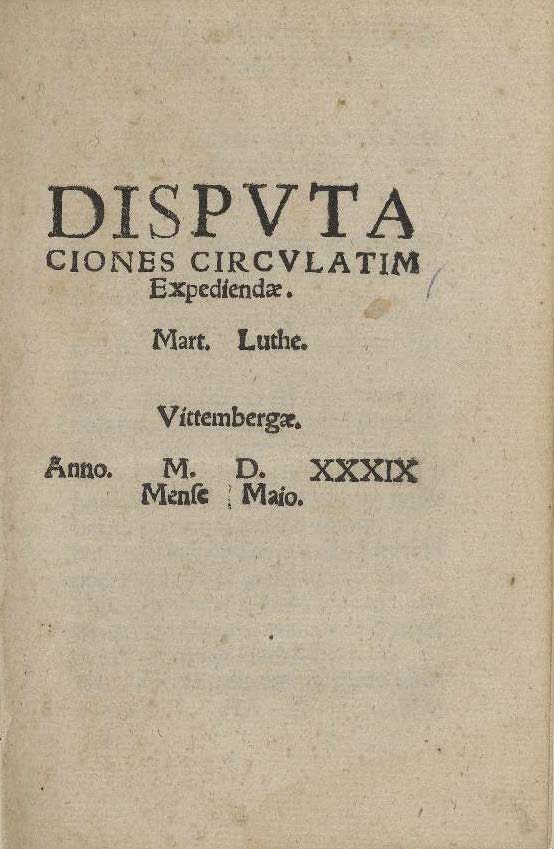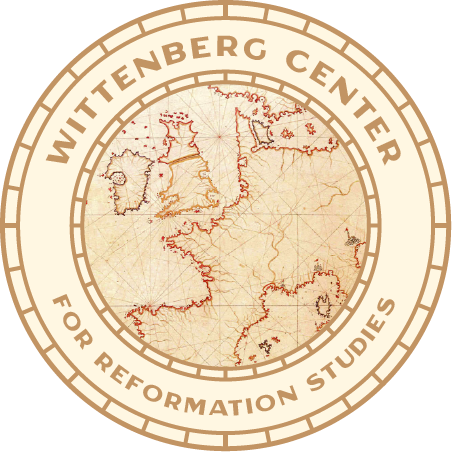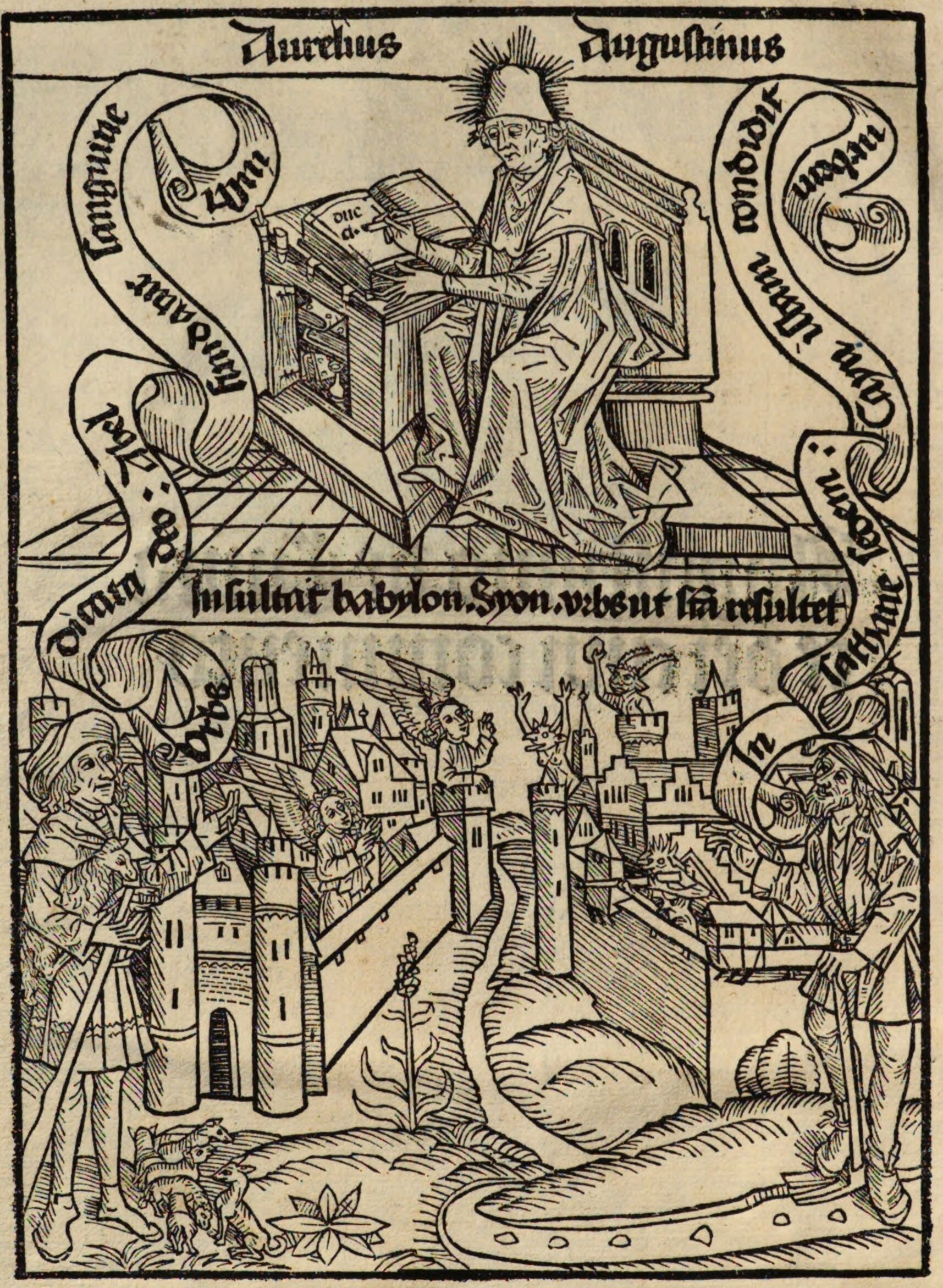The second week of translation work was dedicated to the Reformation. Augustine was of great importance to the Western Church not only in late antiquity and the Middle Ages, but also during the Reformation. How did the North African church father’s view of history and political ethics influence the church renewal of the 16th century?
(Murerplan of the city of Zurich, 1576)
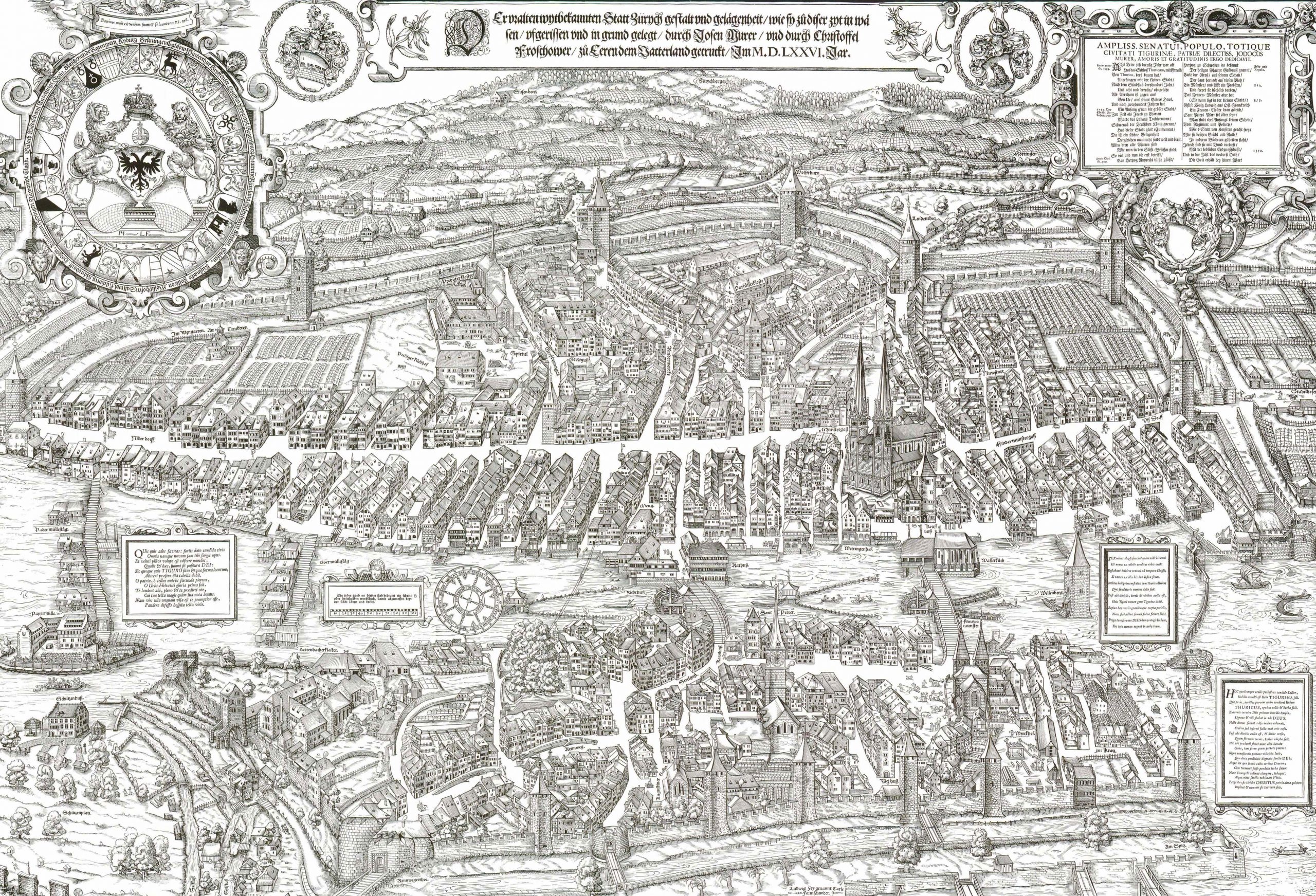
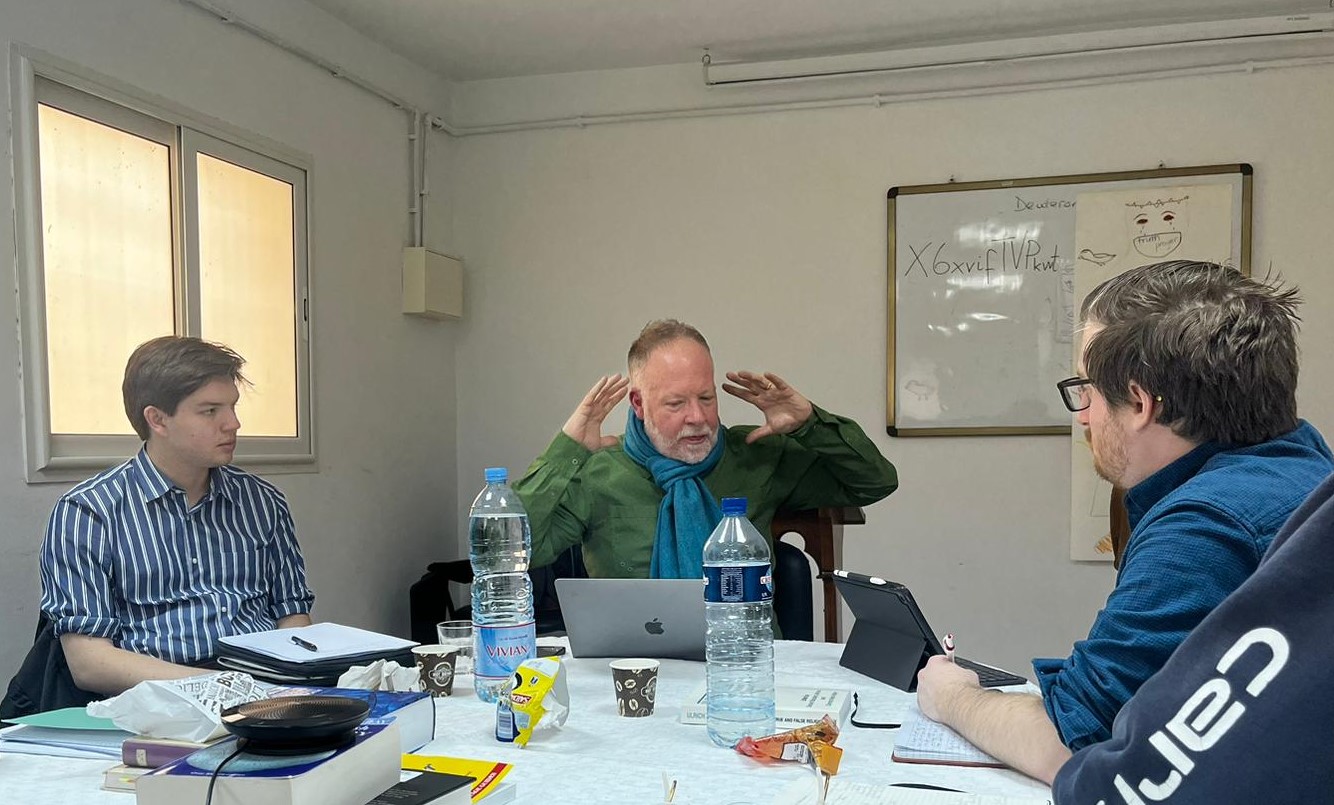
The Wittenberg Center for Reformation Studies was pleased to welcome Professor Bruce Gordon from Yale University as a guest lecturer on Tuesday and Wednesday to introduce the group to the political thought and action of Ulrich Zwingli and John Calvin. Translation work on selected Latin texts was followed by a mixture of lecture and seminar discussion. Prof. Gordon showed that Zwingli and Calvin both received Augustine’s “City of God” but used it in different ways for their political ethics, and that the shape of the Reformation in Zurich and Geneva was therefore different.
The Wittenberg Reformation was also examined. On Friday, important texts by Luther on political ethics were translated and interpreted: his Letter to Melanchthon on the right of the sword of the summer of 1521 (De gladii iure) and his theses for a circular disputation of 1539.
On Saturday, a lecture on the relationship between the Reformation and Augustine concluded the work of the seminar.
While working on the texts, it had become clear that three of Augustine’s basic ideas were also self-evident for the Reformation: (1) the emphasis on divine agency, (2) the distinction between God and the world implied therein (ciuitas Dei vs. ciuitas terrena), and (3) the resulting asymmetry between God and the world (focus on the ciuitas Dei). However, the formulation and implementation of this basic concept differed. An important advance of the Reformation over Augustine, to which Luther and Calvin in particular attest, is the distinction between a negatively qualified, anti-divine world and a neutral or even positively qualified world as the place of Christian life by faith. Reformation Christianity was thus in the position to advocate a “conversion to the world” (Oswald Bayer) that profoundly changed church and society.
